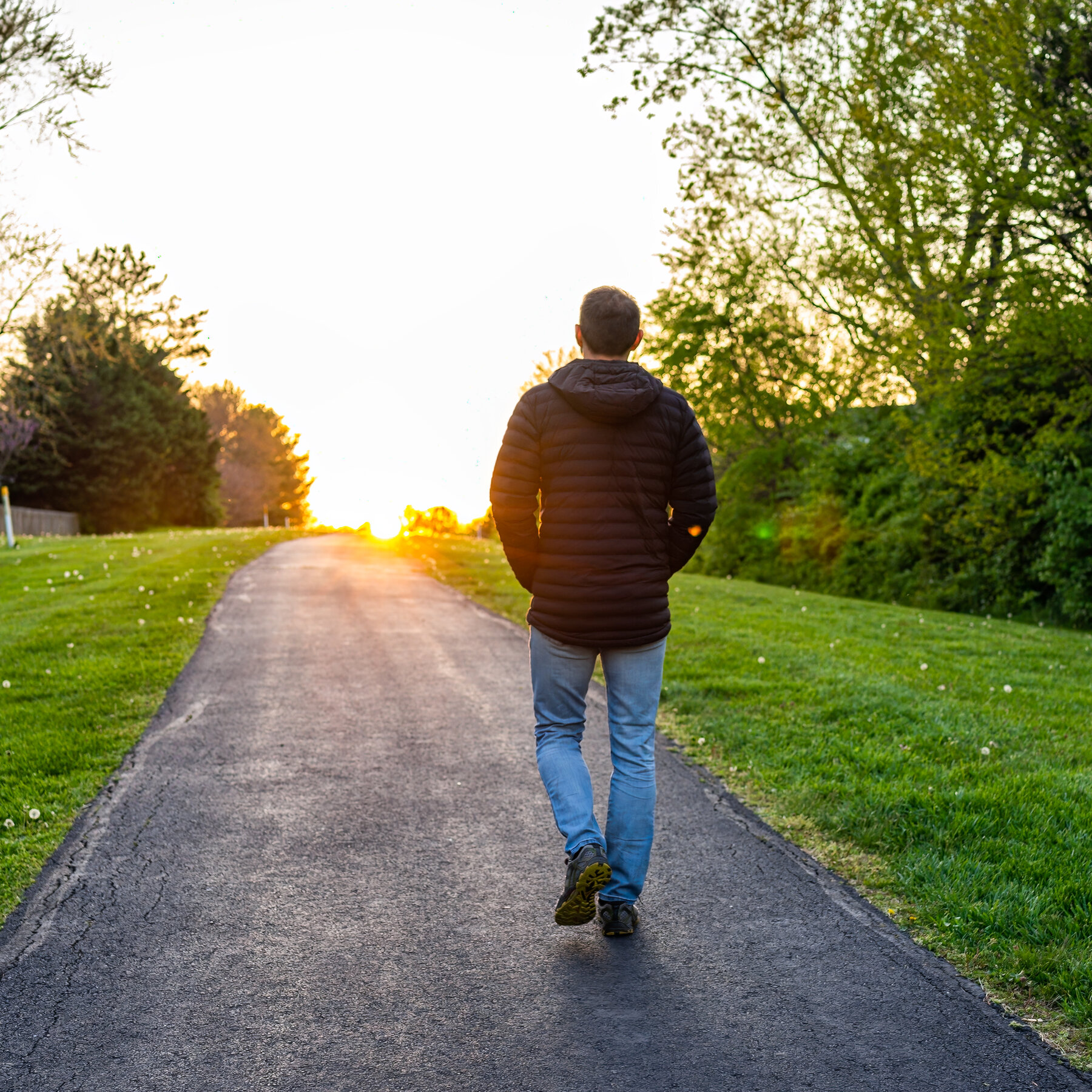The Bahá’í teachings offer a profound perspective on individual and communal responsibilities within the global tapestry of humanity. At the heart of this spiritual belief system is the concept of community building, encapsulated in the ideal of “walking the world as a citizen.” This notion invites adherents to engage actively with humanity, promoting unity and collaboration while navigating the complexities of modern society.
A Paradigm Shift: Re-envisioning Citizenship
To walk the world as a citizen is to embrace a radical shift in perspective, moving beyond a merely nationalistic identity toward a broader, more inclusive understanding of community. Central to Bahá’í teachings is the belief in the oneness of humankind. This fundamental principle asserts that all individuals, regardless of their race, nationality, or creed, share a common lineage and divine essence, urging followers to cultivate a global mindset.
The concept of citizenship in the Bahá’í context transcends geographic boundaries. It challenges the prevailing notions of privilege and segregation, positing that true citizenship encompasses responsibilities to not only one’s immediate community but also to the global family. It is an invitation to engage in meaningful dialogues that bridge differences, fostering understanding and cooperation between disparate groups.
Constructing a Vibrant Community: The Role of Action
At the core of community building lies the transformative power of action. Bahá’í teachings advocate for a proactive approach, encouraging individuals to partake in initiatives that uplift their communities. This engagement is not limited to mere participation; rather, it involves taking leadership roles, championing social justice, and contributing to the collective welfare of society.
One significant avenue for such action is through the establishment of community gathering places. These venues serve as focal points for collaboration, dialogue, and learning, where individuals can converge to share ideas and foster a sense of belonging. By hosting initiatives like study circles, artistic expressions, and community service projects, Bahá’ís promote an ethos of shared responsibility and mutual support.
Acknowledging the variations in societal contexts, Bahá’í teachings emphasize the importance of culturally relevant methodologies that resonate with local communities. Such flexibility enables the application of universal principles while honoring local traditions and customs, fostering more profound connections and enhancing the efficacy of communal initiatives.
The Interplay of Spiritual and Material Development
Bahá’í teachings articulate a belief in the harmonious interplay between spiritual and material development. The advancement of society is contingent upon uplifting not only the spiritual essence of individuals but also their socioeconomic conditions. This duality encourages Bahá’ís to see the larger picture, wherein the elevation of community members requires addressing issues such as poverty, education, and health disparities.
In practical terms, this doctrinal understanding may manifest through participatory development projects, which empower communities to identify their needs and collaboratively work towards sustainable solutions. By operating from a place of unity and shared purpose, individuals can harness their collective strengths — catalyzing genuine transformation that interconnects material progress with spiritual evolution.
Fostering Companionship: The Essence of Community
Community building, as envisioned in Bahá’í teachings, is accentuated through the nurturing of companionship. The cultivation of genuine relationships is paramount; it engenders trust, facilitates collaboration, and reinforces the spiritual bonds that bind individuals together. In a world often marred by division, the Bahá’í community advocates for the development of a spirit of camaraderie that transcends superficial differences.
Moreover, this companionship is not solely limited to interpersonal relationships but extends to the collective effort of groups and institutions committed to social progress. The idea is to create a collective “we” that fosters empathy and understanding, which in turn promotes societal harmony. Through shared objectives and jointly undertaken projects, communities can achieve remarkable strides towards collective well-being.
Engaging with Diversity: A Source of Strength
The richness of diversity is celebrated within the Bahá’í faith, viewed as an invaluable asset in community building. Differences in race, culture, and belief systems provide a fertile ground for expansive learning and growth. Engaging with this diversity encourages open-mindedness, innovation, and intercultural dialogue, which are integral components of effective community building.
Furthermore, embracing diversity cultivates a collective identity that embraces myriad perspectives, fostering an inclusive environment where all voices are valued. This inclusive ethos can mitigate the veils of prejudice and discrimination, paving the way for a unified approach to addressing societal challenges. In such contexts, communities are better equipped to devise comprehensive strategies that acknowledge and celebrate their multifaceted nature.
The Journey Forward: Continuous Learning and Adaptation
Walking the world as a citizen involves a lifelong commitment to learning and adaptation. Bahá’í teachings implore individuals to engage in a process of continuous reflection and discernment. As communities evolve, so too must their approaches to social challenges and communal engagements.
This dynamic aspect of community building necessitates flexibility, resilience, and a willingness to embrace change. Lifelong learning can be facilitated through various means, including community discussions, educational programs, and workshops that promote innovative thinking and problem-solving. By fostering a culture of inquiry, communities can navigate the complexities of modern life and remain steadfast in their mission to unite and progress.
Conclusion: Embracing the Shared Path
In essence, the Bahá’í teachings affirm that walking the world as a citizen is both a privilege and a profound responsibility. It invites individuals to partake in community building initiatives that foster unity, collaboration, and development. As followers engage with their communities with compassion and intentionality, they forge pathways towards a brighter future — one where the shared aspiration for peace, justice, and collective advancement is realized. This journey transforms not only communities but also the very fabric of humanity itself, heralding a new era of interconnectedness and shared purpose.
